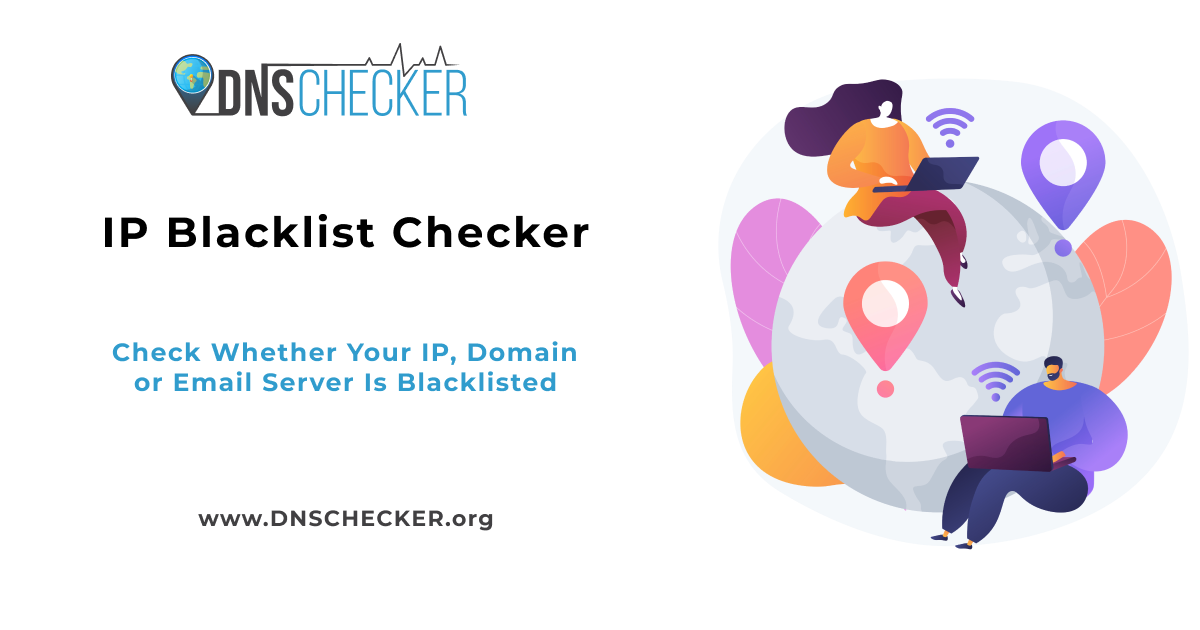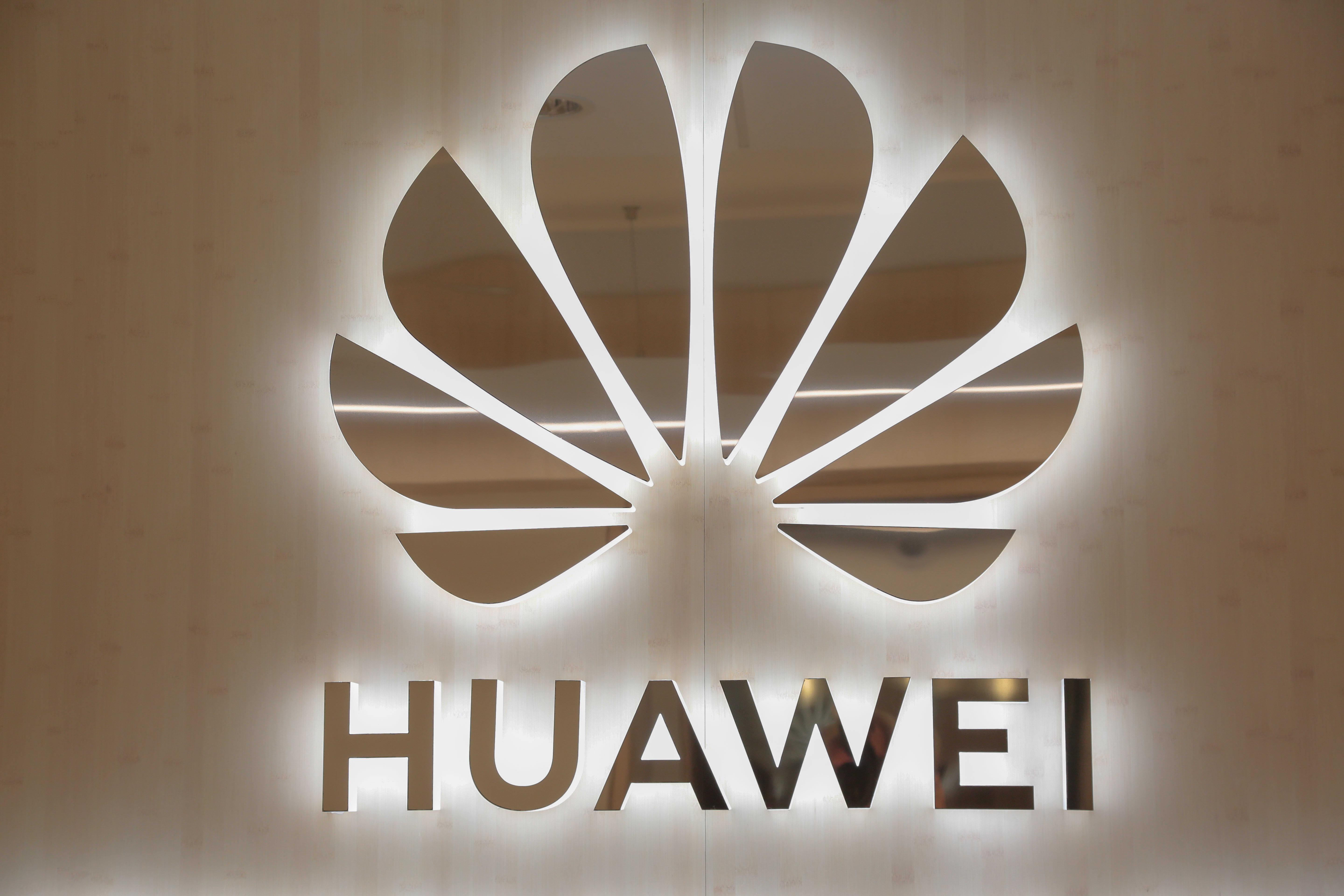Some behaviors or activities may cause red flags and could lead to the credit card being flagged by the bank or the card issuer. A few examples are: unusual spending habits
A sudden increase in expenditure or large transactions in comparison to normal cardholder's behavior could raise suspicion.
Unrecognized Transactions
Any transactions that are not authorized or unidentified on the statement of your card that the cardholder didn't initiate or approve could be a sign of fraud.
Multiple Refused Transactions
A string of declined or failed transactions within a short time and especially when the cardholder usually has a good transaction history could indicate an problem.
Geographic Anomalies
A number of transactions over just a short time in locations quite different from the normal spending areas for a card holder or from places that are different from their usual spending locations can be a cause for suspicion.
Types of purchase that are not normal
There is a way to identify suspicious purchases. These include purchases with high value that are not in line with the usual spending patterns.
Uncommon Online Behavior
Astonishing or unexpected online activities like multiple failed logins, changes in the account's details or unusual attempts at logins, may indicate potential an unauthorised access.
Unusual Card Usage
If a credit card is suddenly being used to conduct an international transaction when it has always been utilized locally, it could be viewed as suspicious.
Sudden Cash Advances or Transfers
Transfers or cash advances that are out of the typical for the person who is using the card could trigger alerts.
Transactions that are not present on the card but frequent
If you notice a sudden spike in purchases made online or over the phone (with no credit card in hand), without any prior experience, it could be an indication of concern.
Identity Verification Issues
Problems in checking the identity of cardholders in transactions, particularly when further verification is required, can result in suspicion.
These actions, along with other things, could cause the card issuer's fraud detection systems or monitoring mechanisms which prompt them to investigate and potentially block the card temporarily until the identity of the cardholder or the legitimacy of transactions is confirmed.
What Does It Mean For My Credit Card To Be Listed On The Blacklist?
If a debit or credit card is placed on a"blacklist," it is a sign that certain transactions will be temporarily blocked until the issue is resolved or confirmed. The reason for a credit card being placed on a blacklist can vary and include
Blocking the card to ensure security is an option in the event of suspicions of fraud.
Security Risks If there's any indication of a potential compromise such as unauthorised access, a leak of card information or unusual spending patterns the card may be flagged.
Problems with Identity Verification- Issues that require verification of the identity of the person who is using the card during transactions could result in temporary blocking of the card, especially in cases where additional confirmation is required.
Card that has been lost or stolen - The card issuer can disable the card if the cardholder claims it is missing or stolen. This can stop any unauthorized use of the card until a replacement card is delivered.
Suspicious Activitythe presence of any behavior or activity related to your credit card that raises suspicions, such as several declined transactions, geographic anomalies or unusual spending patterns can result in a temporary block.
A card that is listed on the blacklist could limit the ability of the holder to apply for credit, or to purchase items using the card. This could be until the issuer has confirmed the authenticity of the account, or addresses any fraud or security concerns. The cardholder needs to contact the issuer immediately to resolve the issue, confirm the transaction and address any security issues.

What Is The Qualification Of An Individual To Be Able To Put The Credit Card Number On A List App?
They include Fraud Analysts- Trained individuals from financial institutions that are experts in identifying and analyzing fraud related to credit cards. These include Fraud Analysts who are certified by financial institutions who specialize in identifying fraudulent activities associated with credit cards and investigating the issue. They employ specific software and tools to find patterns or unusualities as well as potentially compromised card numbers.
Cybersecurity Experts - They are professionals with a special interest in cybersecurity. This involves monitoring and identifying cyber attacks as well as compromised credit cards. They prevent data breaches, analyze the data for indications that it's been hacked and take security measures.
Law Enforcement Officials- Specialized units or individuals within police agencies that are able to investigate financial crimes, which includes credit card fraud. They have the databases and resources necessary to track fraudulent activity.
Compliance Officers- Professionals in charge of ensuring compliance with laws and regulations related to financial transactions. They are also responsible in overseeing the processes used to spot and report suspicious activity related to credit card transactions.
The authority to validate credit cards against databases or blacklists is controlled by law and requires proper authorization.
The teams or individuals who are certified employ specialized equipment, protocols, legal procedures and software that can verify that credit card data isn't listed included on blacklists. All this is done in a strict compliance with the privacy and security rules. If you're worried about security concerns regarding your credit card details It is essential to reach out to an authorized professional or institution. Access or use that is not authorized of credit card "blacklists" can lead to legal implications. Have a look at the best savastan0 for blog tips.
